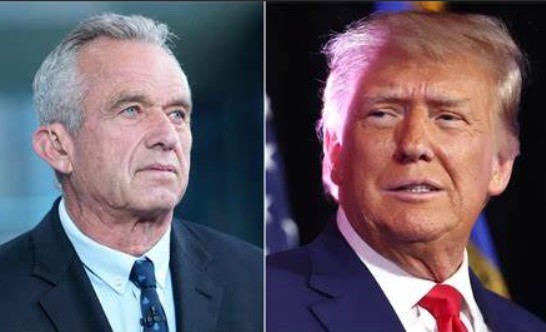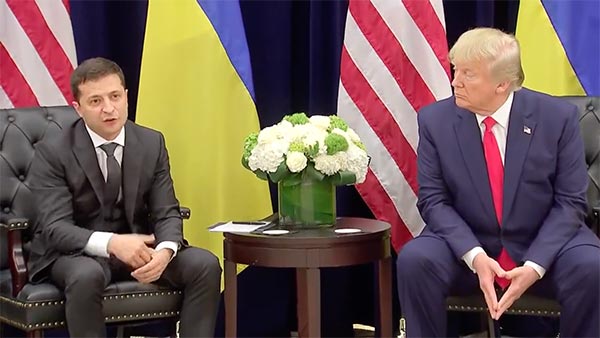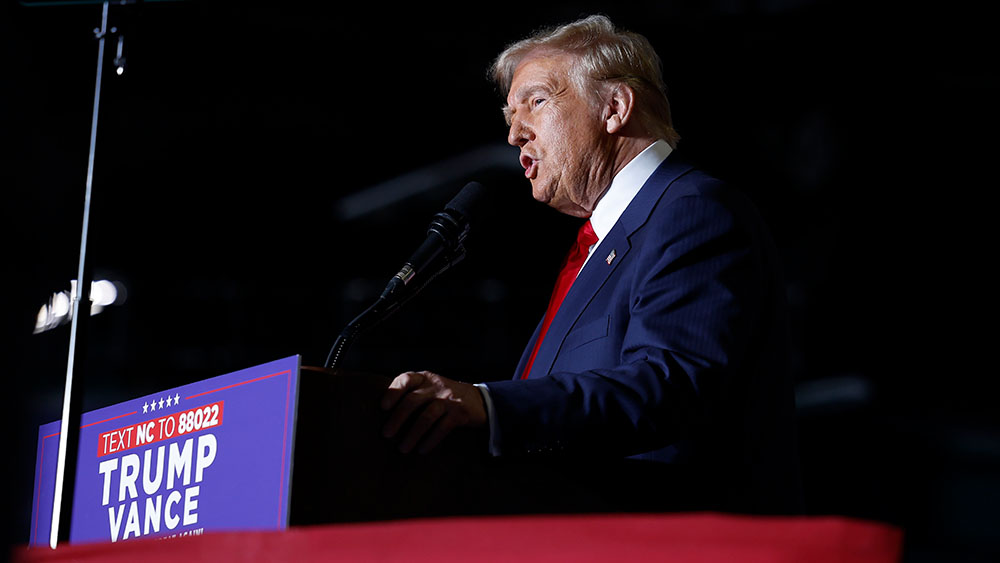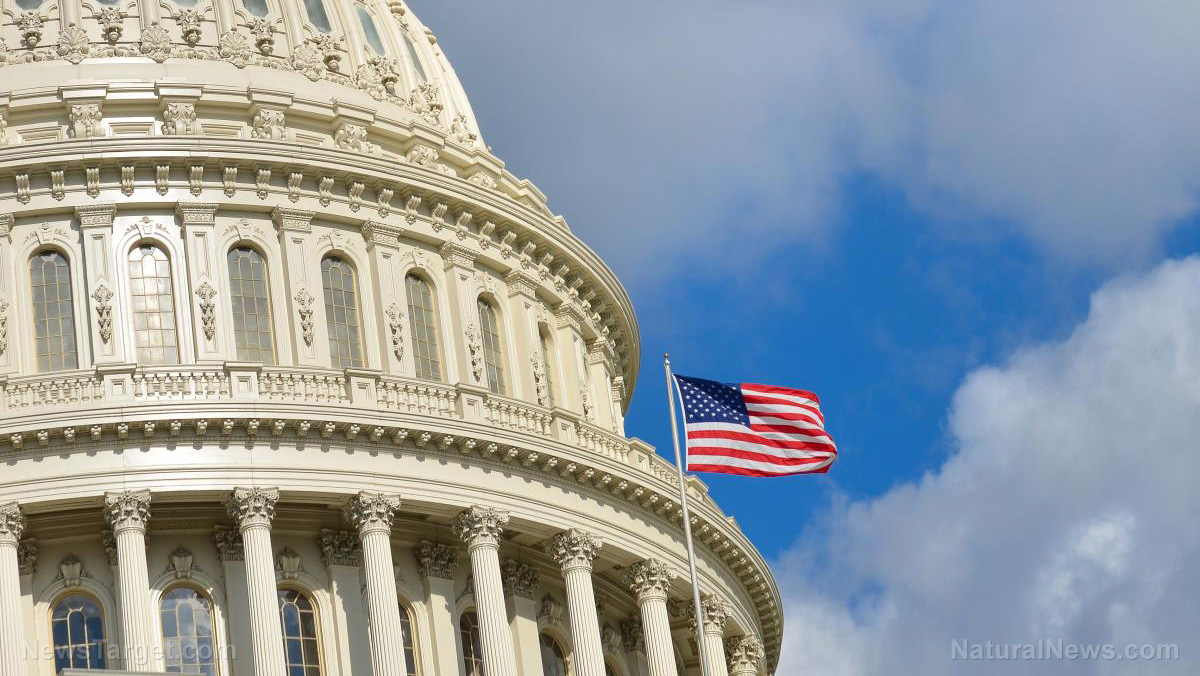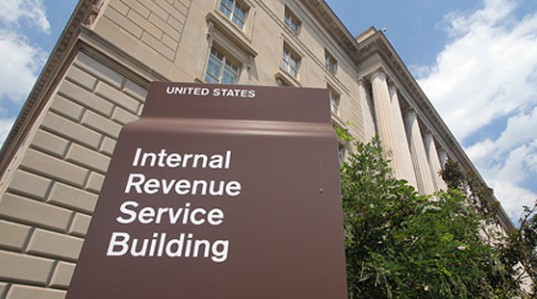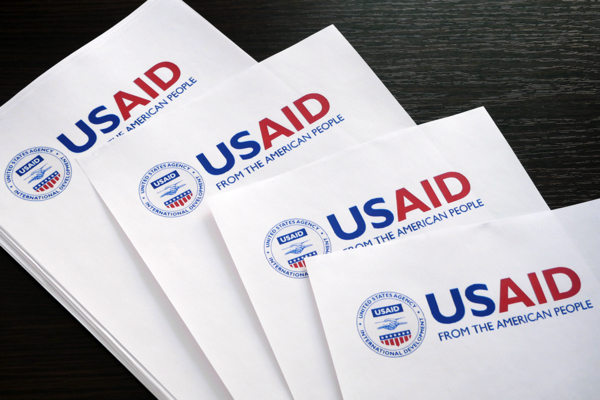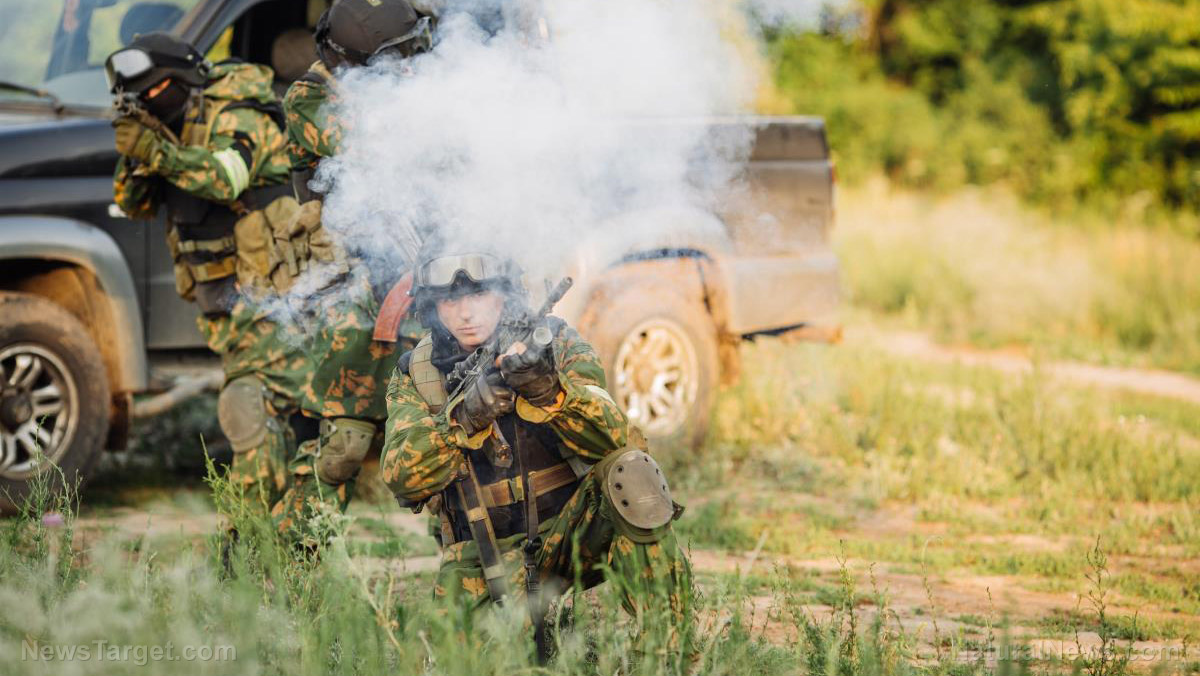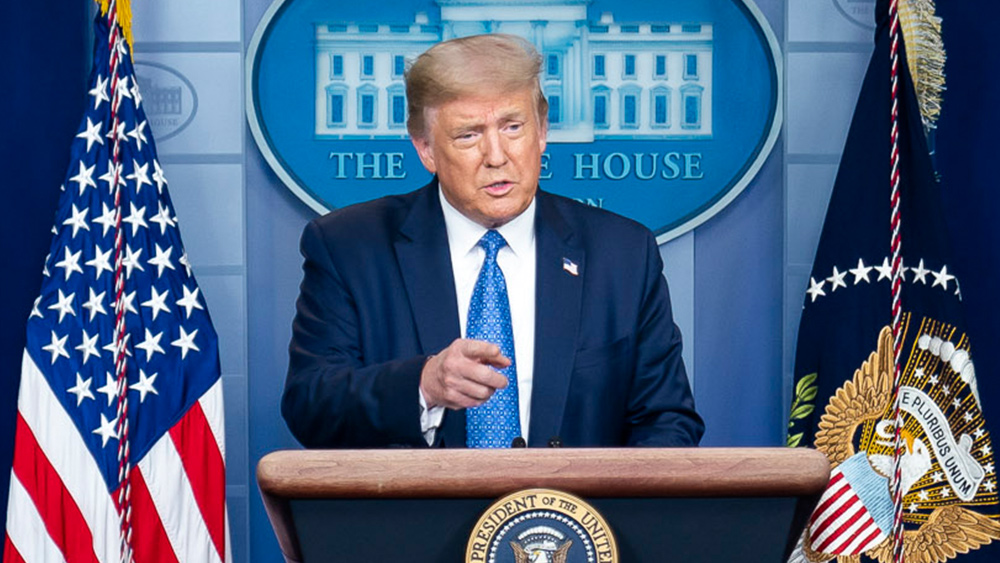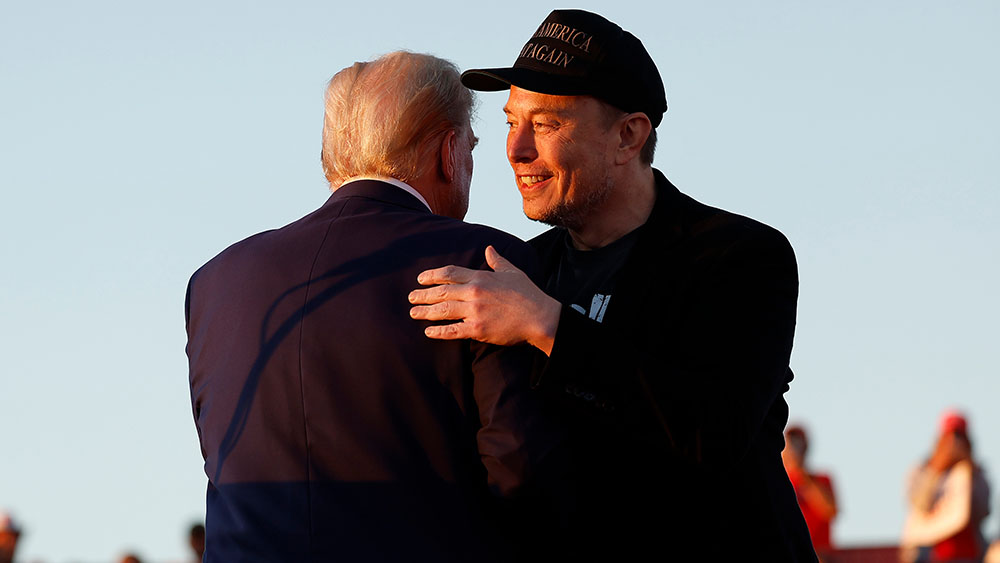Could Trump deploy U.S. military against Mexican cartels? Experts say it’s possible, but risky
02/06/2025 / By Cassie B.
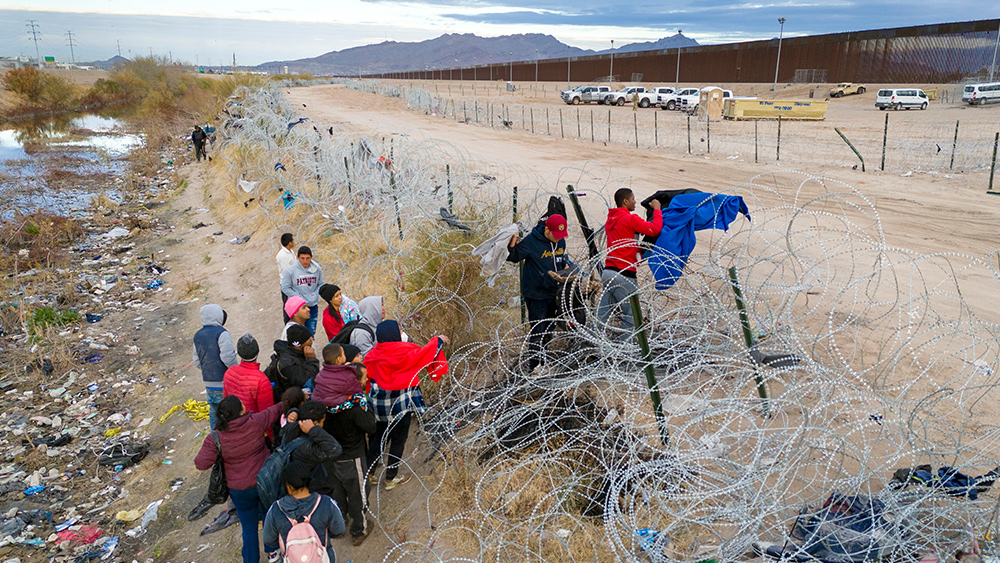
- President Trump considers deploying military force against Mexican drug cartels.
- Cartels, armed with military-grade weapons and drones, have escalated attacks on U.S. Border Patrol agents.
- Legal and diplomatic challenges complicate potential U.S. military action on Mexican soil without Mexico’s cooperation.
- Military options include airstrikes, drone operations, or special forces raids, but risks include collateral damage and cartel retaliation.
- While diplomatic efforts continue, pressure for aggressive action grows as cartels pose an increasing threat to U.S. border security.
In a move that could redefine U.S.-Mexico relations, President Trump has floated the idea of deploying military force against Mexican drug cartels, which he has designated as Foreign Terrorist Organizations (FTOs). While Trump has not explicitly committed to such action, the possibility remains on the table, raising questions about the legal, diplomatic, and operational challenges involved. With cartels increasingly armed with military-grade weaponry and even weaponized drones, the stakes for U.S. border security have never been higher.
The cartels, responsible for flooding the U.S. with deadly drugs like fentanyl, have escalated their tactics, reportedly authorizing attacks on U.S. Border Patrol agents using explosives and kamikaze drones. This brazen aggression underscores the growing threat posed by these organizations, which operate with near-impunity in Mexico. But while the need for action is clear, the path forward is fraught with complications.
Legal and diplomatic roadblocks
Using military force against cartels on Mexican soil would be unprecedented. The U.S. has never directly attacked cartels in Mexico, and such an operation would require navigating a complex web of legal and diplomatic considerations. Under Article II of the U.S. Constitution, presidents have broad authority to use military force to defend the nation. However, experts like Matthew C. Waxman, a law professor at Columbia University, caution that while Trump could invoke this authority, it would likely face significant pushback.
“Designating cartels as FTOs has some legal effects and some political ones,” Waxman explained. Although it triggers criminal law enforcement and immigration authorities, it does not directly give authorization to use military force.
Additionally, any unilateral action by the U.S. would risk straining relations with Mexico, which has historically guarded its sovereignty fiercely. Mexican President Claudia Sheinbaum has already stated that cooperation between the two nations is essential. “We all want to fight the drug cartels,” she said, with the U.S. “in their territory, us in our territory.”
Military options on the table
If Trump were to move forward, his options would likely include airstrikes, drone operations, or even special forces raids. Title 50 of U.S. law, which permits covert operations in foreign countries, could provide a legal framework for such actions. This was the same authority used by President Barack Obama to justify the 2011 raid that killed Osama bin Laden in Pakistan.
Airstrikes, while less risky for U.S. troops, could result in collateral damage and spark retaliatory attacks. Cartels, which control large swaths of territory and enjoy local support in some areas, are known for their brutal reprisals. “Cartels may retaliate by hitting soft targets such as tourists or diplomatic targets in Mexico, possibly the soldiers the Trump administration is deploying at the shared border, or even tap networks inside the US itself,” said Lucas Webber, a senior threat intelligence analyst.
The risk of escalation
Any U.S. military action in Mexico would likely escalate tensions along the border. Cartels, already equipped with anti-aircraft weapons, armored vehicles, and advanced drone technology, could respond with increased violence. Retired special forces officers have also warned that without Mexico’s cooperation, U.S. troops could face legal and operational challenges.
A delicate balance
While the idea of using military force against cartels may appeal to those seeking a decisive solution to the drug crisis, the reality is far more complex. Trump’s recent agreement with Mexico to reinforce border security and combat drug trafficking suggests a preference for diplomatic solutions—at least for now.
However, with cartels continuing to arm themselves and target U.S. personnel, the pressure for more aggressive action is mounting. Whether Trump will take that step remains uncertain, but one thing is clear: any move to deploy the military against cartels would be a high-stakes gamble with far-reaching consequences.
Sources for this article include:
Submit a correction >>
Tagged Under:
big government, Border Patrol, border security, cartels, Dangerous, Donald Trump, drones, drug cartels, escalation, foreign terrorist organizations, freedom, Liberty, Mexico, military force, national security, southern border, terrorism, Title 50
This article may contain statements that reflect the opinion of the author
RECENT NEWS & ARTICLES
Trump.News is a fact-based public education website published by Trump News Features, LLC.
All content copyright © 2018 by Trump News Features, LLC.
Contact Us with Tips or Corrections
All trademarks, registered trademarks and servicemarks mentioned on this site are the property of their respective owners.

